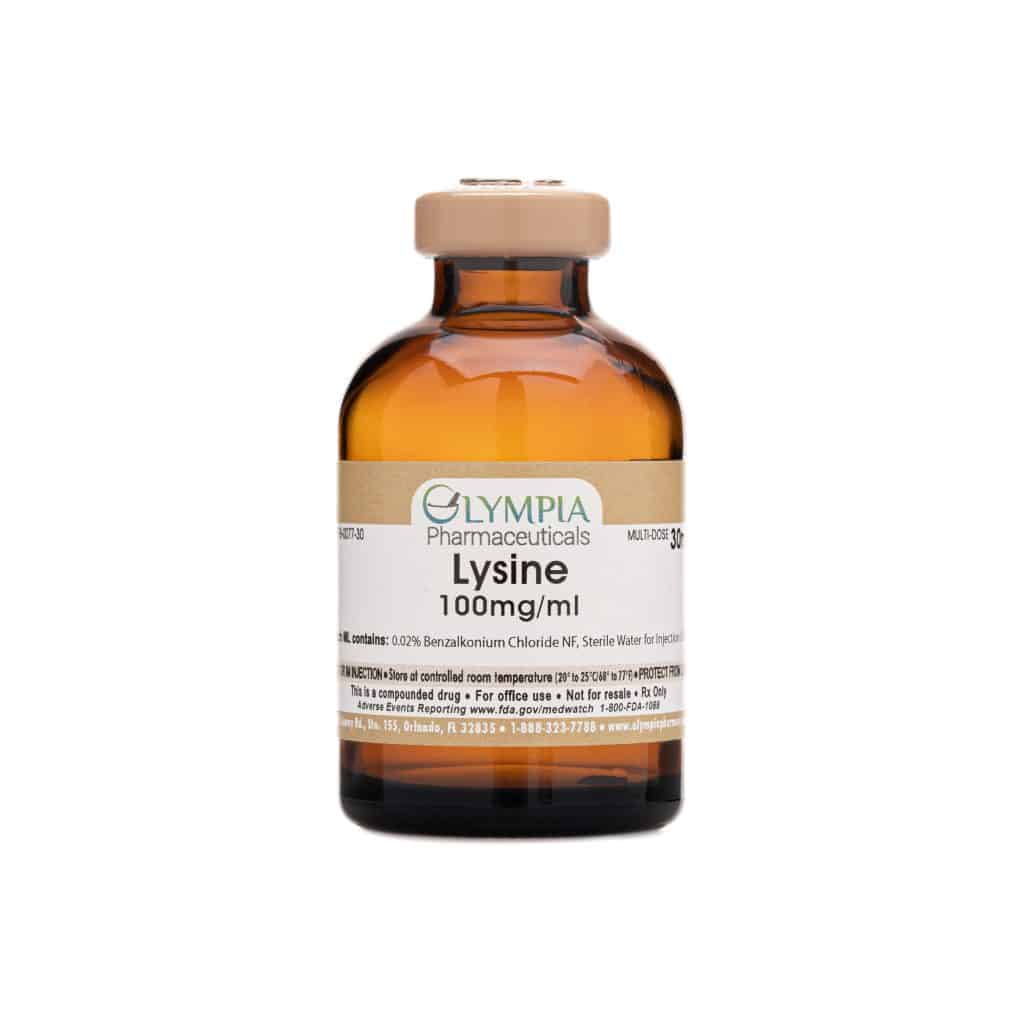Overview of Lysine
Lysine is one of nine essential amino acids that serve as the primary building blocks of proteins in the human body. It plays a pivotal role in fostering healthy growth and contributing to the production of carnitine, a nutrient crucial to multiple bodily processes, including supporting heart and brain health. As the human body is unable to naturally produce lysine, it must be obtained through diet or supplemental sources.
Lysine can be found in a well-rounded, protein-rich diet. Foods that are particularly rich in lysine include eggs, soy, beans, peas, and various meats such as red meat, lamb, pork, and poultry. Cheese, particularly Parmesan, as well as certain fish like cod and sardines, also serve as excellent dietary sources of lysine.
What Is Lysine Prescribed For?
One of the key uses of lysine is in managing cold sores caused by the herpes simplex virus. There is evidence to suggest that lysine might inhibit the replication of the virus, reducing the frequency and severity of outbreaks. It has also been explored for its role in promoting bone health by aiding in calcium absorption, which may be beneficial for conditions such as osteoporosis. Lysine has also been suggested to support athletic performance, as it can increase circulating growth hormone levels when administered intravenously, potentially aiding in muscle growth during training. Additionally, lysine has been studied for its potential benefits in managing symptoms of diabetes and reducing stress.
Lysine IV Benefits
Administering lysine intravenously can enhance its absorption in the body, making it beneficial for various health concerns. It can be used to support athletic performance, manage symptoms associated with diabetes, and aid in addressing symptoms of herpes virus like cold sores.
Moreover, L-lysine aids in calcium absorption in the body. This attribute is particularly beneficial in helping to manage osteoporosis, a condition characterized by weak and brittle bones due to diminished bone density.
Lysine’s role as a precursor of carnitine contributes to converting fatty acids into energy and reducing cholesterol levels, supporting overall heart health. In addition, lysine plays a vital role in collagen formation, a protein necessary for healthy skin, tendons, bones and other connective tissues.
Potential uses of lysine also extend to managing stress and boosting athletic performance. However, it’s essential to consult with a healthcare professional before starting lysine supplementation, especially for intravenous use, to ensure it’s suitable and safe for your specific health circumstances.
Lysine IV Dosage, Concentration, Route of Administration
Dosage: Seek advice from a licensed physician, medical director, or other healthcare provider
Concentration: 100mg/ml
Route of Administration: IV/IM
Resources:
Precautions/Side Effects
L-lysine is contraindicated in patients with renal (kidney) or hepatic (liver) disease. It should also be avoided by those already with too much lysine in the blood or urine. As lysine is still a drug under active study, those who are pregnant or breastfeeding should also avoid taking supplemental lysine until there is further research done regarding its safety for infants and children.
Do not start or stop taking lysine without talking to a physician. Calcium supplements should not be taken along with lysine due to the increased absorption and reduced elimination of calcium.
Some common side effects include:
- – Diarrhea
- – Abdominal pain
- – Chronic renal (kidney) failure
- – Interstitial nephritis (inflammation in the kidney)
- – Increased calcium absorption
Storage
Store at controlled room temperature. Protect from light.
Have Questions About Lysine or Want a Consultation?



